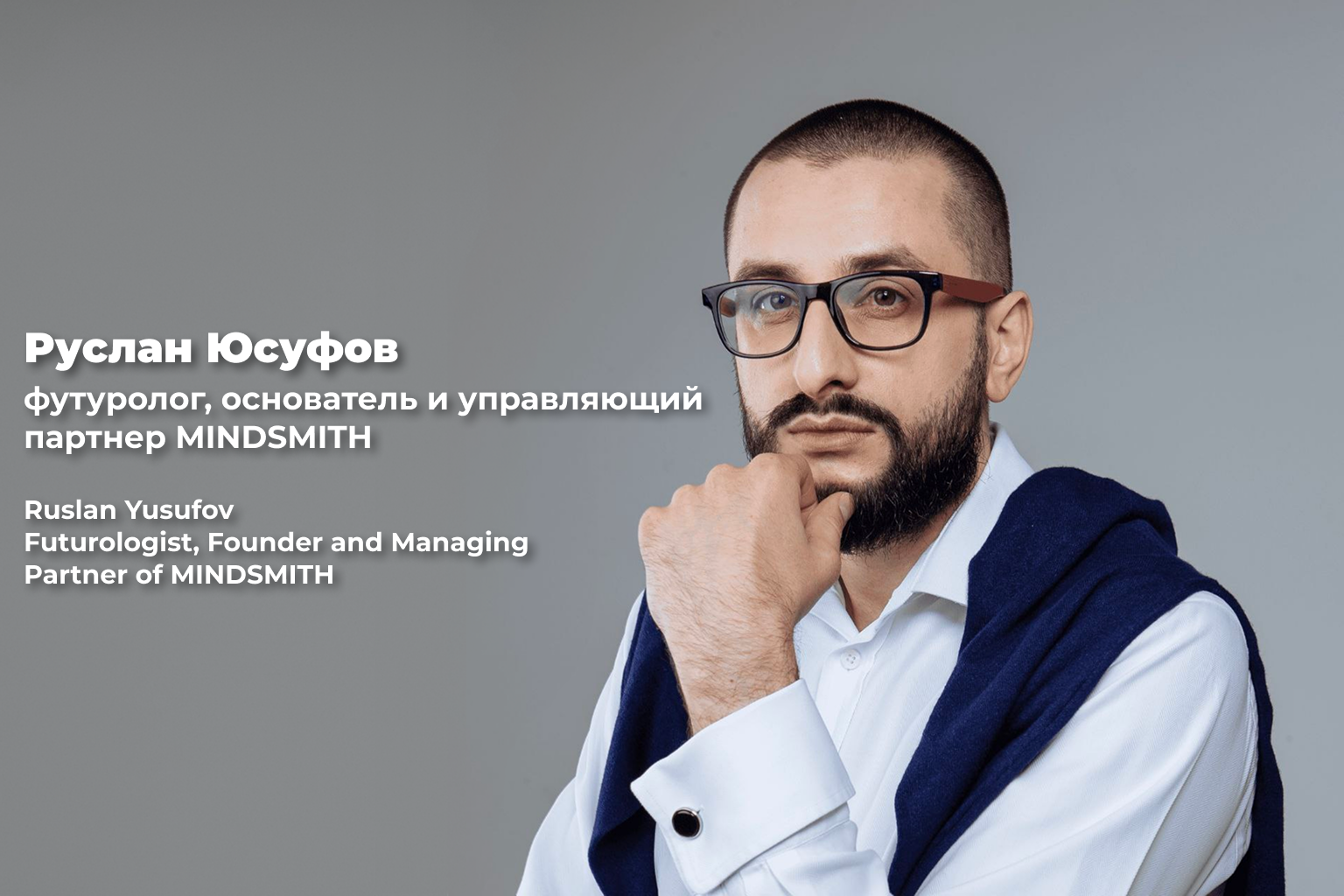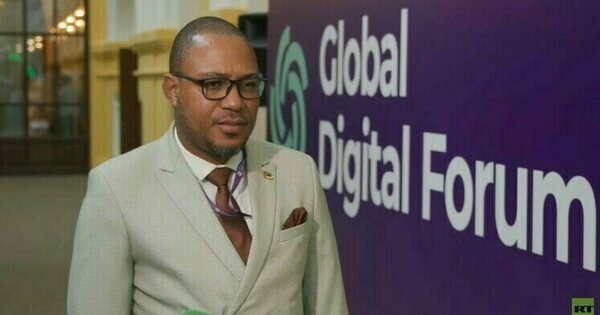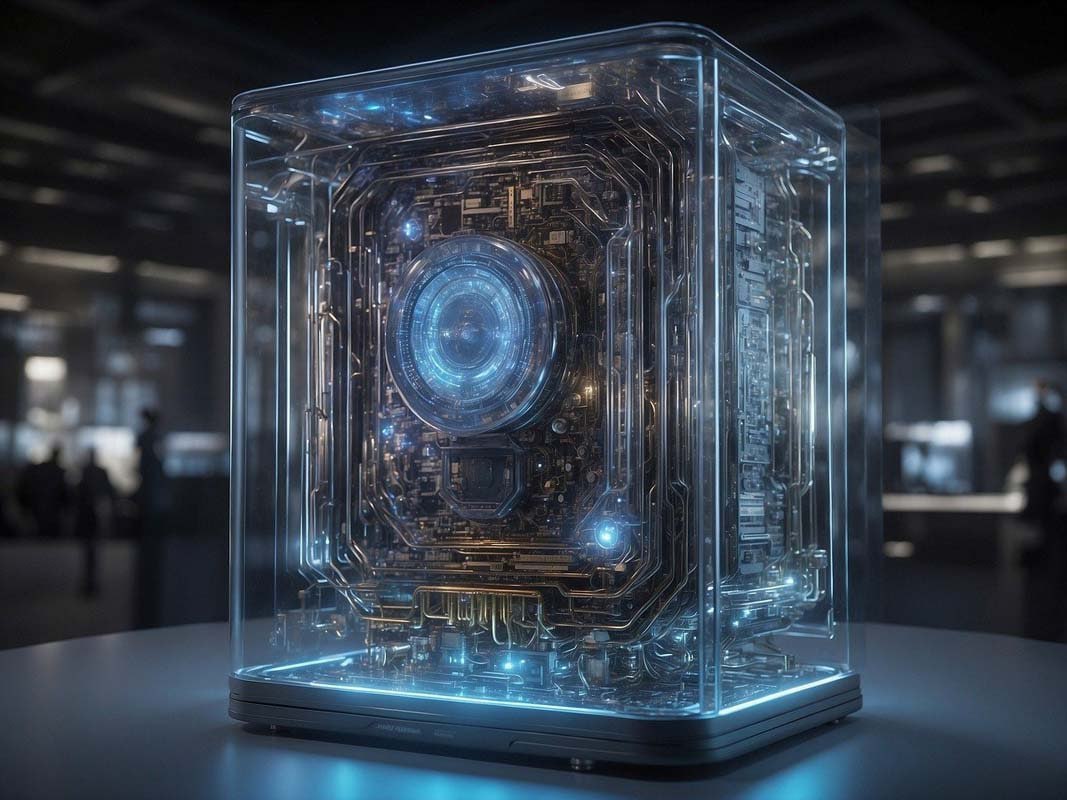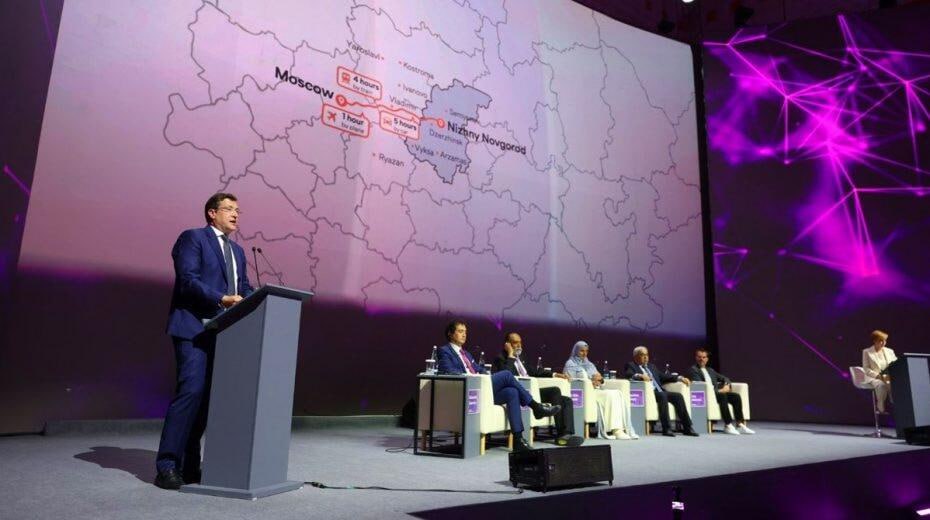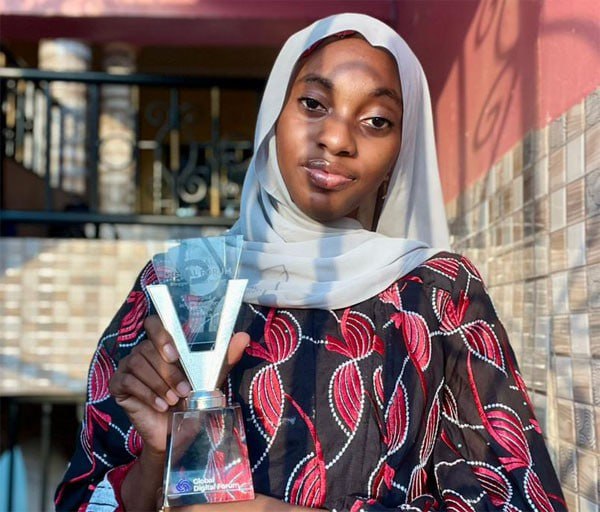Мы (и я вместе с вами) стоим на пороге, если уже не перешагнули его, точки невозврата технологической революции. Скорость этих изменений уже превышает нашу коллективную способность к их осмыслению — и это, пожалуй, главный вызов. Искусственный интеллект, порождая эти тектонические сдвиги, фундаментально меняет правила игры: он не просто автоматизирует рутину, а бросает экзистенциальный вызов самой сути нашей человеческой исключительности и предполагаемой неконкурентоспособности. Действительно ли мы движемся к миру, где грань между нами и машинами стирается на наших глазах?
Моя работа как футуролога — не выдавать «единственно верные» прогнозы (это к гадалкам), а скорее провоцировать диалог и «подумать» о последствиях наших сегодняшних действий. ИИ — это ведь мощнейшее зеркало, отражающее наши амбиции, страхи и пороки. Оно заставляет задавать очень неудобные вопросы.
На мой взгляд, первая дилемма — субъектность или иллюзия выбора? Кто реально принимает решения: мы или алгоритмы, которые все глубже проникают в нашу жизнь, предлагая «оптимальные» пути для всего — от выбора фильма до жизненной стратегии? Не грозит ли нам постепенная эрозия нашей воли, когда мы становимся лишь потребителями «оптимальных» решений, заботливо предложенных алгоритмом?
Вторая: ценность человека или «эффективная» пустота? Если ИИ способен превзойти нас в рутинной работе, аналитике, и даже в творчестве — в чем тогда будет заключаться уникальная ценность человека? Экзистенциальный вакуум и обесценивание человеческого труда — не сюжет антиутопии, а вполне вероятный сценарий, если мы не найдем новые опоры для нашей самоидентификации. Как нам «остаться человеком» в стремительно изменяющейся новой реальности?
И, наконец, третья, возможно, самая запутанная дилемма — этика и границы дозволенного. Как «зашить» этику в код, если мы сами не всегда едины в моральных суждениях? Чьи ценности лягут в основу «мышления» машин, особенно если учесть, что данные, на которых они обучаются, уже несут в себе отпечаток наших предрассудков? Вопросы ответственности за действия автономных систем, потенциальные права роботов, стирание граней между биологическим и искусственным — это темы, которые нужно обсуждать уже сейчас. И чем скорее, тем лучше.
И здесь ключевой вызов для нас — сознательно проложить курс так, чтобы сохранить человечность и фундаментальные ценности. Даже такие, казалось бы, мелочи, как проявление элементарной вежливости к ИИ или «отряхивание ног» перед входом в цифровой мир, могут стать маркерами нашей приверженности гуманизму.
Именно эти сложные и жизненно важные темы, на которые у меня, как и у многих, пока больше вопросов, чем ответов, мы и будем обсуждать на панельной дискуссии «Я, Робот? Эксперты о месте человека в новой технологической реальности». Вместе с ведущими экспертами попытаемся не столько предсказать будущее, сколько совместно поразмышлять над сценариями и над тем, как мы можем на них повлиять.
Я приглашаю вас присоединиться к этому диалогу, ведь наша общая цель — не просто узнать о грядущих переменах, а стать активными участниками их осмысления и формирования, чтобы иметь возможность влиять на будущее в пользу «хорошего» сценария. Мне бы очень хотелось, чтобы этот разговор «остался за пределами этого часа», побуждая каждого к дальнейшей рефлексии и, возможно, к действию.
